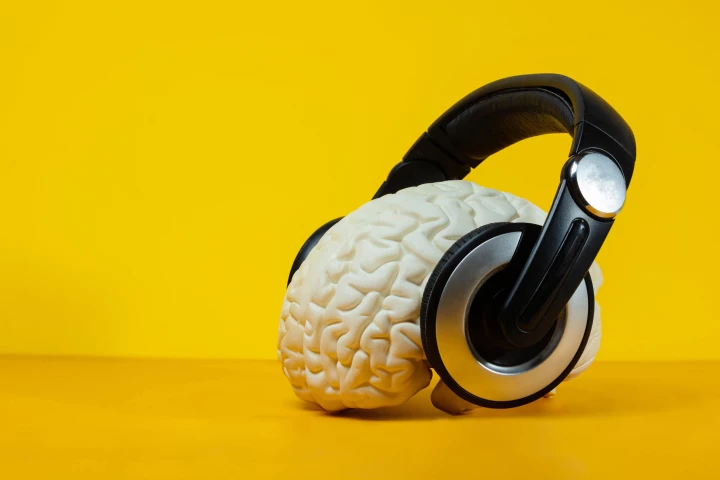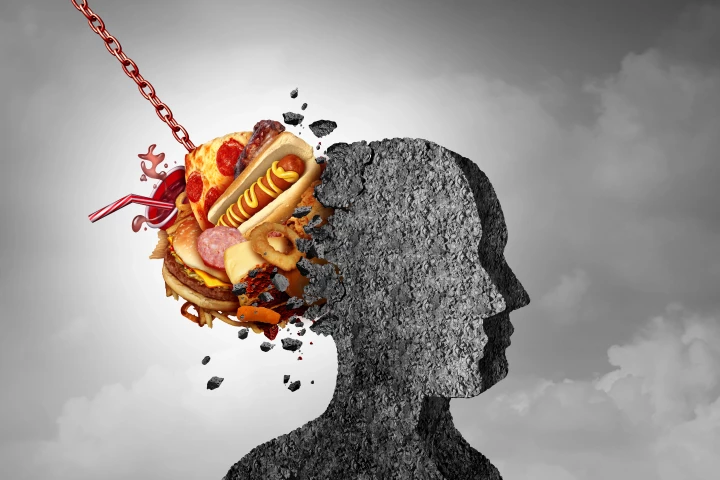Cognitive functioning
-
Scientists have uncovered an intriguing link between infection and brain health, finding that a common bacterium may advance cognitive decline. It's the latest evidence suggesting that bacteria and infections play a key role in destroying our brains.
-
For some time, we've known that it's rare to see people with both cancer and Alzheimer's diseases. Now, scientists believe they may have found why, discovering a molecule in cancer cells that clears problem proteins from the brain.
-
Using the largest sample of super-agers to date, scientists have found convincing evidence that supports what many of us have suspected: Longevity isn’t just about healthy lifestyle choices, but also a good draw in the genetic lottery.
-
In the first study of its kind, neuroscientists have shown the real-world benefits that sunlight gives the brain, beyond laboratory experiments, linking brighter and more regular daytime light to better alertness and faster attention in everyday life.
-
There are many tools that offer to help us focus – but very few are designed to do this in just a minute. BrainBlink is built just for this, with 60-second games on a pocket-sized device featuring real buttons and a link to players across the globe.
-
ADHD drugs have been thought to sharpen attention, but a new study has found something very different is at play. They don't offer laser-sharp focus but boost wakefulness and engagement, helping the brain stick to tasks it would otherwise give up on.
-
In the first long-term and real-world reflective study of its kind, scientists have uncovered new detrimental health impacts of the artificial sweetener aspartame that echoes those found in shorter research.
-
In the first US study looking at whether the recommended fluoride levels in drinking water affects brain function, researchers have found that the hot-button mineral has no negative impacts on cognition – and may actually be giving it a boost.
-
One of the brain’s biggest benefits from exercise – the birth of new neurons – may not even require any movement. Instead, the beneficial “packages” circulating in the blood after working out can be successfully transferred to others.
-
Boosting levels of a certain molecule that declines with age restored the function of hundreds of brain genes and reversed memory loss in Alzheimer’s disease models, fixing the RNA splicing errors that drive damage to critical neurons.
-
Listening to or playing music later in life could do more than lift your spirits – it might also help keep your mind sharp. A large study has found that older adults who regularly engage with music have significantly lower rates of cognitive decline.
-
We've known for some time that obesity affects the brain, but now scientists have found that it's where you carry it that matters most. Deep visceral fat around organs has the biggest impact on brain aging, affecting a suite of cognitive functions.
Load More











